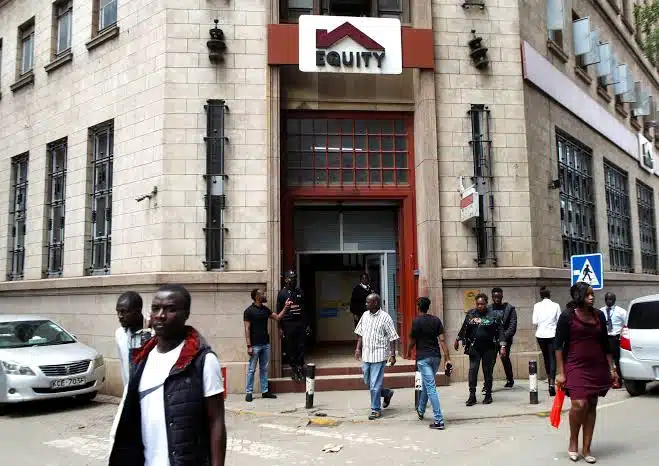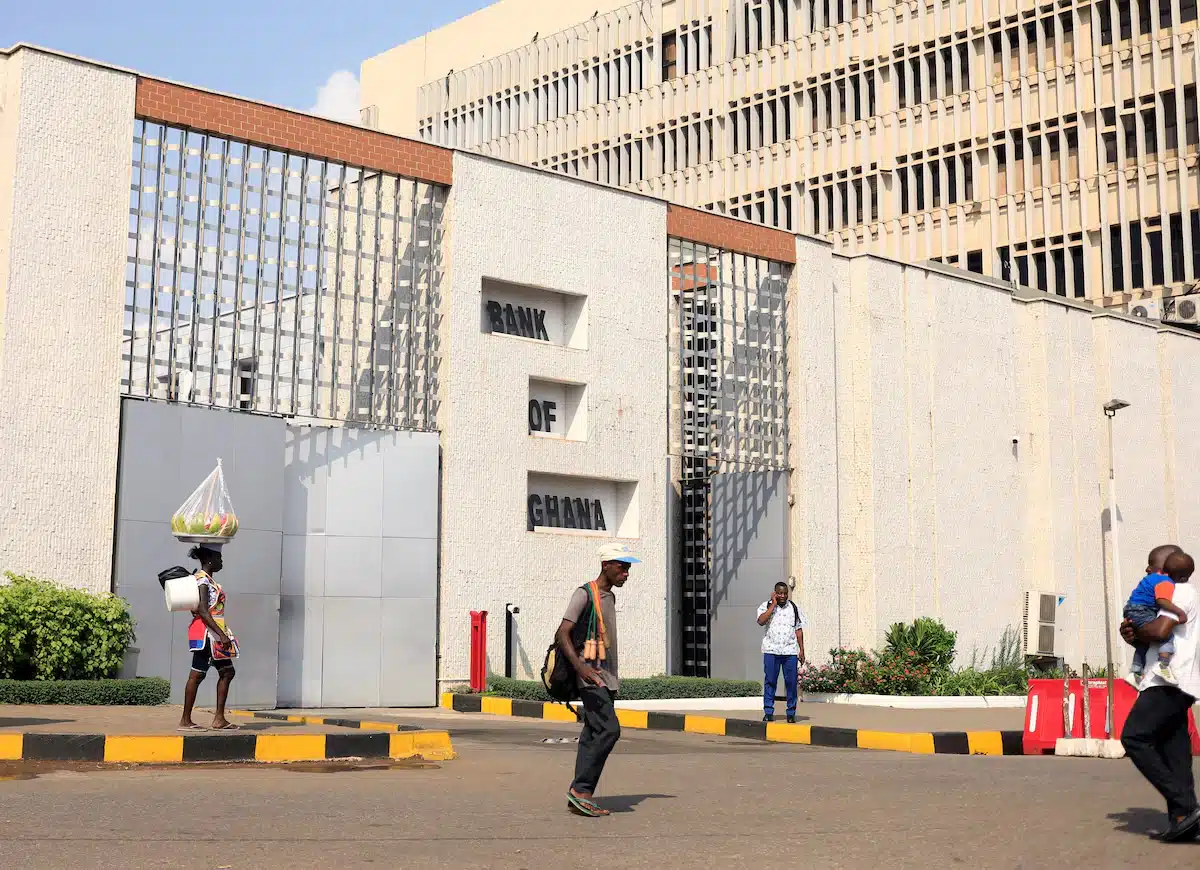In a move that underscores shifting global banking strategies, Pakistan’s Bank Al Habib Limited (BAHL) has announced plans to close its Representative Office in Kenya by May 15, 2025.
The decision follows approval from the Central Bank of Kenya (CBK) on April 30, 2025, and reflects the lender’s ongoing efforts to consolidate its international operations and focus on higher-growth markets.
BAHL, headquartered in Karachi, opened its Nairobi-based office in 2018 after receiving regulatory clearance from the CBK.
Unlike a full-service bank, the office was not licensed to take deposits or offer banking services locally. Its primary mandate was to build corporate and correspondent banking relationships, engage with regulators, and explore future market potential.
However, in a statement dated May 5, the bank said the closure is part of a broader global restructuring drive aimed at enhancing operational efficiency, rationalising international exposure, and improving resource allocation.
“Bank Al Habib Limited hereby notifies its customers, the general public, stakeholders, and all interested parties that BAHL shall close down its Representative Office in Kenya with effect from May 15, 2025,” the bank said in a notice issued on Monday.
It added that the exit was in accordance with the Banking Act and the CBK’s Prudential Guidelines.
The lender assured stakeholders that it would meet all legal obligations prior to its exit and has appointed Oraro & Company Advocates to address any queries or legal concerns arising from the closure.
BAHL’s departure adds to a growing list of international banks reassessing their footprints in Kenya and other emerging markets.
While Kenya remains one of Africa’s most dynamic financial hubs, the rising burden of regulatory compliance, stiff competition and rapid digital disruption, has prompted some global players to scale back or exit entirely.
One of the most recent and significant regulatory changes came in December 2024, when Kenya’s parliament passed the Business Laws (Amendment) Act, which introduced a phased increase in the minimum core capital requirement—from the current $7 million to $23 million by end-2025, and ultimately to $77 million by 2029.
Following the legislative shift, Fitch Ratings in February forecast a wave of mergers and acquisitions, particularly among weaker institutions unable to meet the new thresholds.
On cue, local players like SBM Kenya and I&M Bank have moved to absorb smaller or struggling institutions in a bid to strengthen their market positions.
Despite BAHL’s physical exit, market watchers believe that the bank may continue to maintain indirect ties with Kenya through correspondent banking arrangements and partnerships in trade finance and corporate banking.










